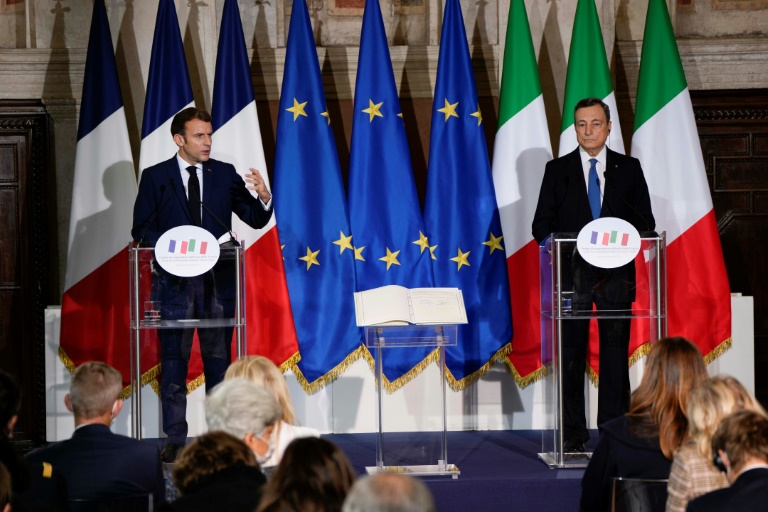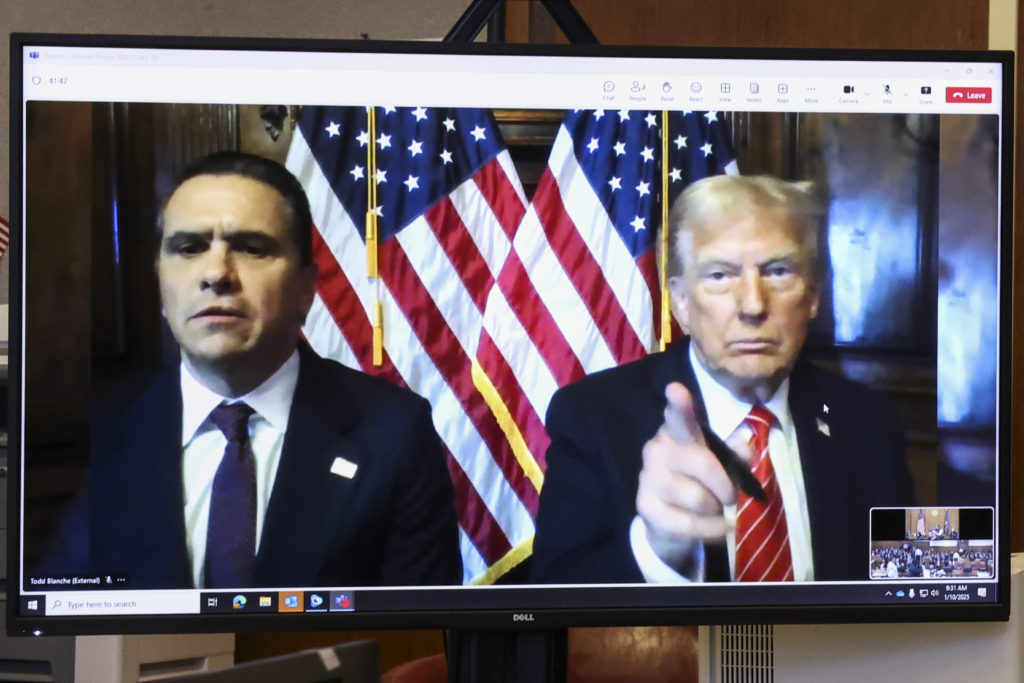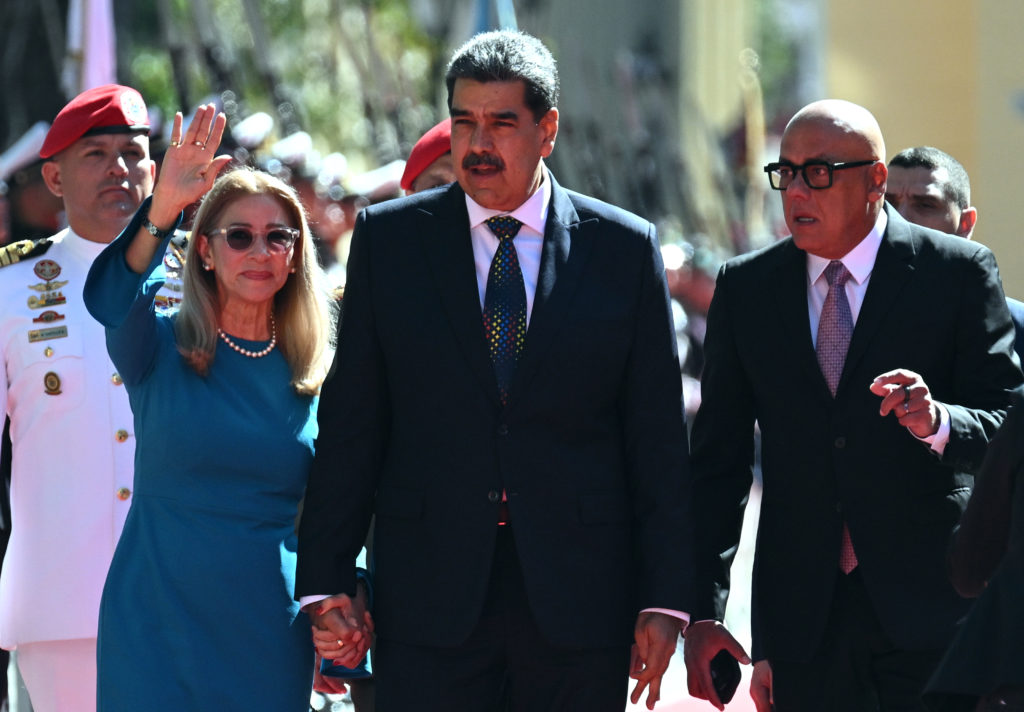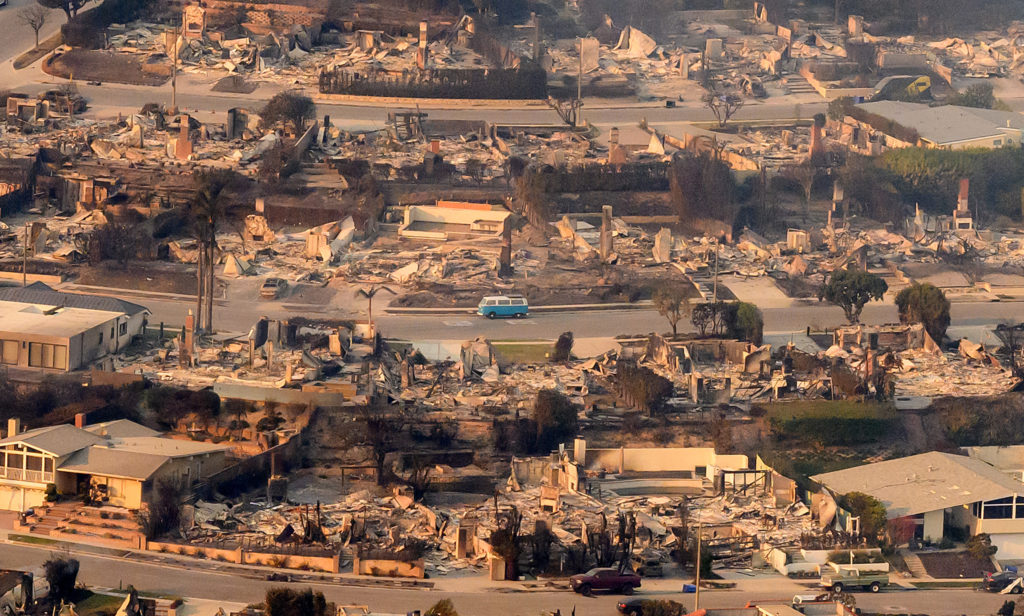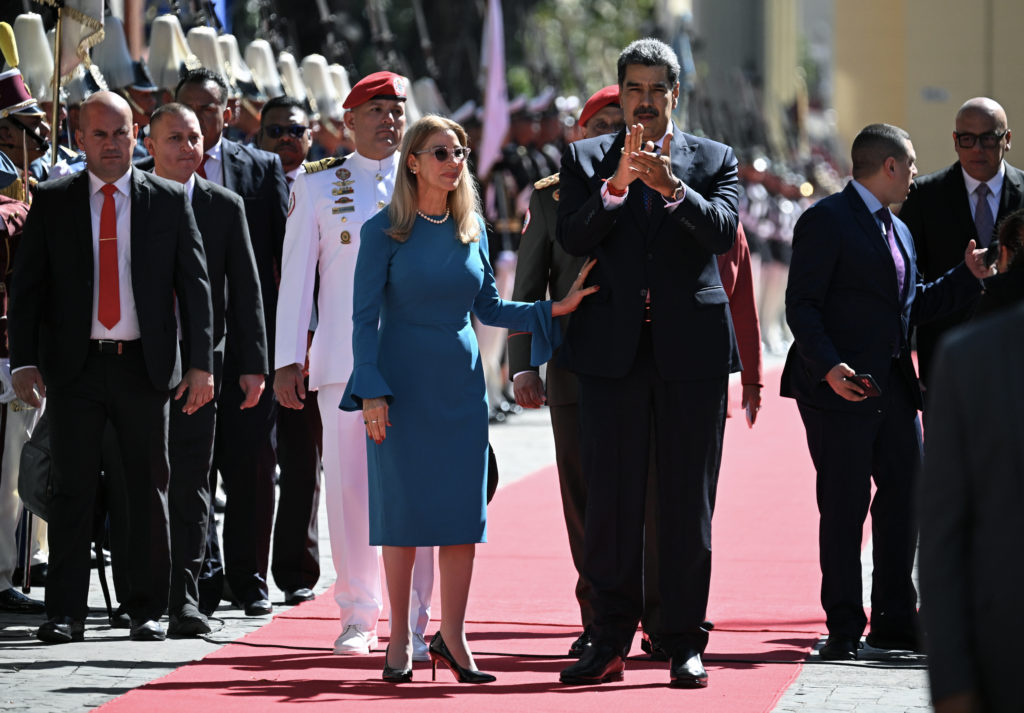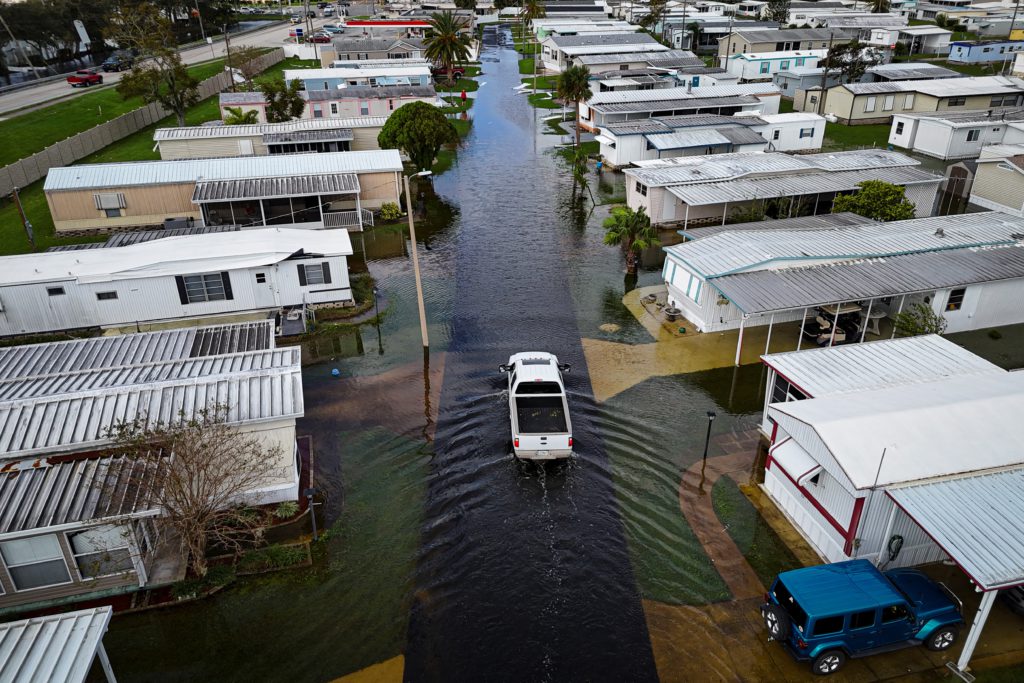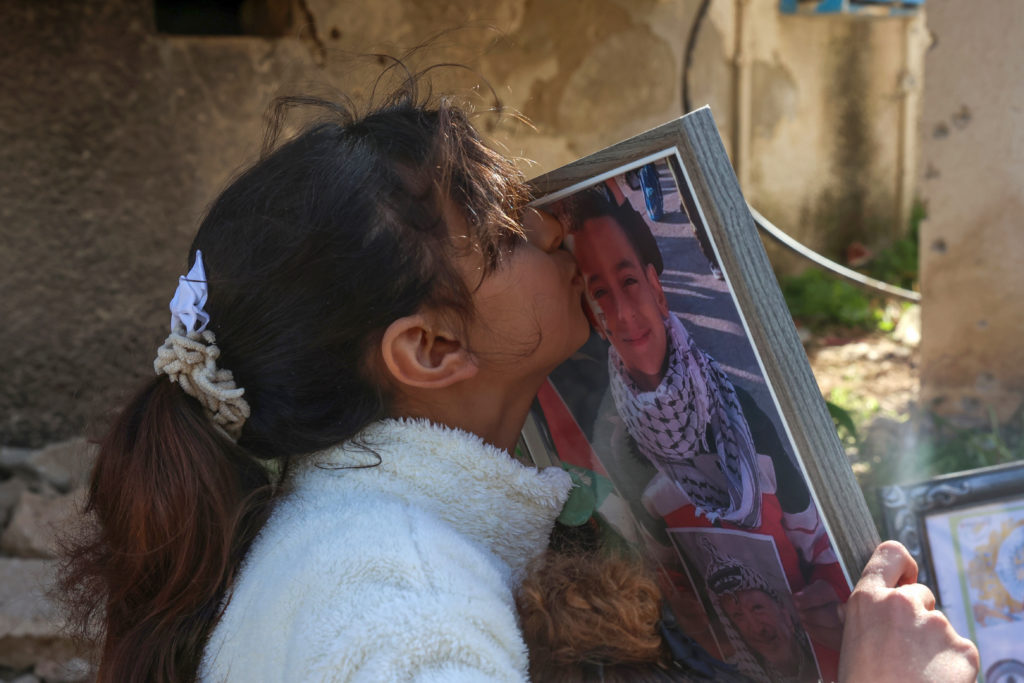France and Italy sought to move past recent tensions and signed a new treaty on Friday to formalise their relations, against the background of a European Union in flux.
French President Emmanuel Macron and Italian Prime Minister Mario Draghi put pen to paper in a ceremony full of pomp at Rome’s Quirinale palace of President Sergio Mattarella.
An aerial acrobatics display by both countries’ air forces followed, trailing the colours of the Italian and French flags across a clear autumn sky over the capital.
Later, Macron held a private audience with Pope Francis, against the backdrop of a child abuse scandal engulfing the Catholic Church in France.
At a joint press conference, Draghi said the treaty represented a “historic moment” and evoked the close relations with France, from their “republican values” to economic and cultural ties.
For his part, Macron said the treaty — only the second of its type with an EU partner, after a 1963 treaty with Germany — “seals a deep friendship”.
Italy and France have long been bound by historical, cultural and linguistic ties, their relationship deepened in recent decades by their memberships of both the EU and the NATO military alliance.
The treaty was signed just weeks before France takes over the rotating EU presidency in January, and at a time of change on the continent.
Britain’s messy exit and rows between the EU’s liberal democracies and their eastern neighbours have roiled the bloc, while German Chancellor Angela Merkel, who took a leading role in the EU, is bowing out following September elections.
Both Draghi and Macron emphasised their commitment to closer European integration, particularly in the realm of defence.
“As founding countries of the EU… we defend a more integrated, more democratic, more sovereign Europe,” the French president said.
Macron denied Paris was looking for a “substitution” for its relationship with Berlin that has anchored the EU for more than 60 years, insisting the new Italian treaty was complementary.
– ‘Difficult moments’ –
The wide-ranging new Quirinale Treaty foresees greater cooperation in economic and industrial matters, diplomacy and defence, culture, education and climate change among others, aided by regular attendance by ministers from one country to the other’s cabinet meetings.
Macron noted Italy and France had undergone “difficult moments”, not least the diplomatic crisis in early 2019 when Italy’s then-populist government openly criticised the French president.
Ties improved with a new government in Rome later that year and have gone from strength to strength with the arrival in office in February of Draghi, a former European Central Bank chief.
Draghi thanked Macron for handing over former members of the far-left Red Brigades group that terrorised Italy in the 1970s and 1980s. Their safe haven for decades in France had been a long-standing source of tension.
There has also been simmering irritation in Italy over feelings it has been left alone by European allies to face tens of thousands of migrants from North Africa who arrive on its shores each year.
In the treaty, Paris and Rome committed to work together for a European migration system “based on the principles of shared responsibility and solidarity between member states”.
France is currently embroiled in a row with Britain over migrant crossings in the Channel after the deaths of 27 people when their inflatable boat took on water off Calais.
The tragedy was expected to be discussed during Macron’s approximately one-hour meeting with Pope Francis after the treaty signing, given the pontiff’s outspoken calls for more to be done to help migrants and refugees.
Diplomats said ahead of the meeting that another likely agenda item was the recent report exposing extensive child sexual abuse by French Catholic priests dating back to the 1950s.
The Vatican statement issued after the talks, in which Macron also met top church officials Pietro Parolin and Richard Gallagher, made no mention of either issue.
It said they discussed “a number of international issues” including climate change, France’s upcoming EU presidency, and France’s “commitment” in Lebanon, the wider Middle East and Africa.

